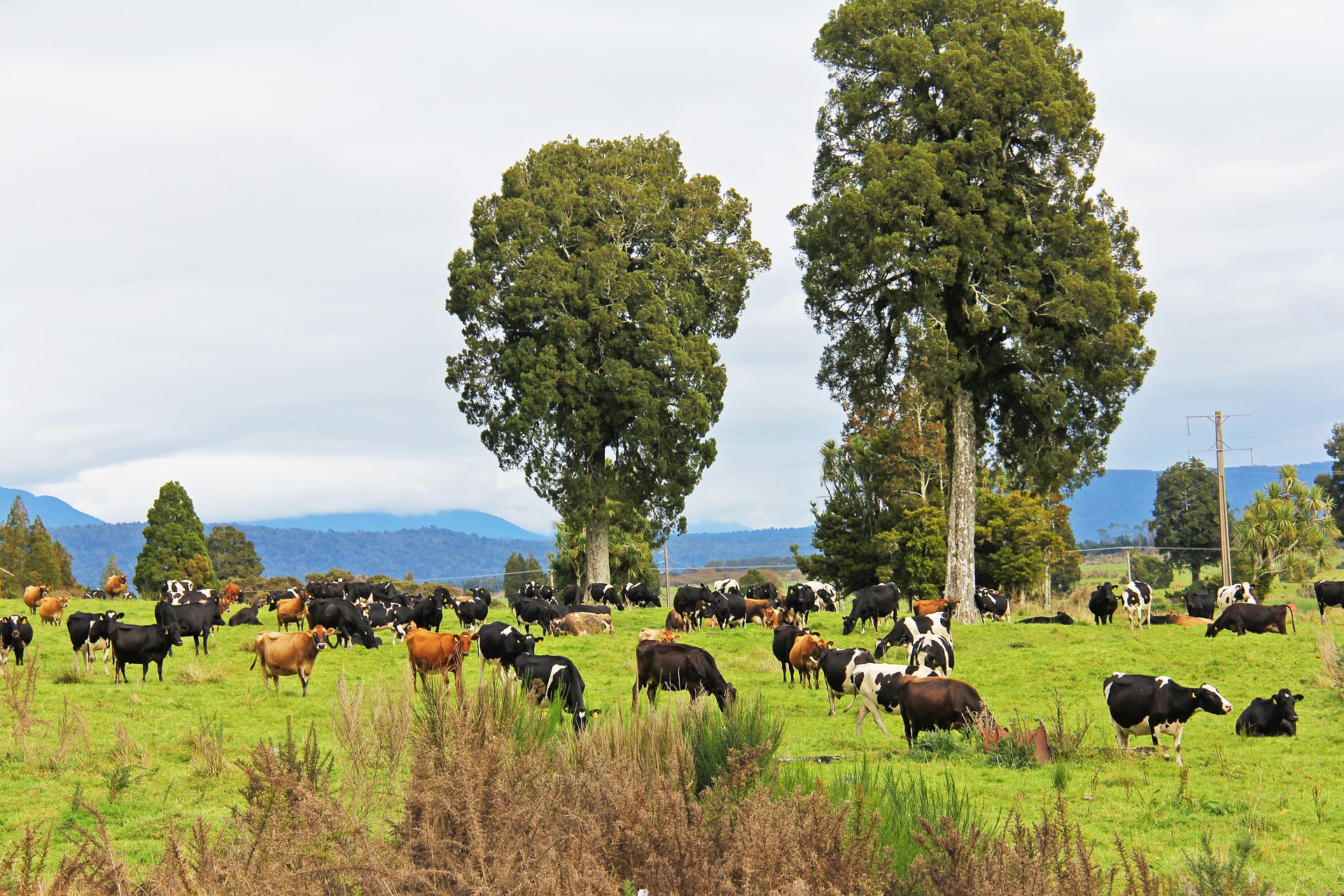
London – Farming requires the use of vast amounts of habitat, affecting the prevalence of many New Zealand plant and animal species. Dairying alone takes up 1.74 million hectares of land in New Zealand.
According to a new report, researchers found reducing meat intake in favour of more plant-based foods could help reverse the decline of more than 500 species in the UK.
The Food Foundation, an independent organisation, wrote the report. The foundation aims to guide decision-makers in drawing up policies that address public health and nutrition as well as sustainability.
Researchers found UK fruit and vegetable consumption currently falls below the five-a-day recommendation.
They proposed that increasing produce intake to meet this recommendation, while reducing meat and sugar on a per calorie basis, would bring with it significant health and environmental benefits.
In general, animal agriculture requires significantly more land than the production of plant-based foods. For instance, it takes 100 times as much land to produce a kilocalorie of beef or lamb, when compared to plant-based alternatives.
Similarly high figures are seen in non-food, animal-derived products, such as wool, which requires 367 times more land to produce than cotton.
The new report maintains that if the UK population increased vegetable consumption by a handful a day and reduced red meat intake by 5.5 grams a day, a significant amount of habitable area would be freed up.
Specifically, it expects up to 27 percent of land currently keeping grazing livestock could instead be used to foster biodiversity.
Looking at two models – both of which suggest increasing vegetables and reducing meat – an estimated 407 or 536 species (depending on the model) would gain habitable area of more than 10 percent.
Further, the authors warn that failing to address land use in this way could result in 626 species losing habitable area (of more than 10 percent), due to symptoms of the worsening climate crisis.
The report calls its proposed approach a win-win-win, given that it could have positive outcomes for biodiversity, carbon output and public health.

